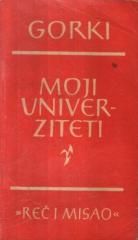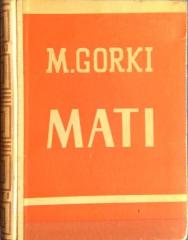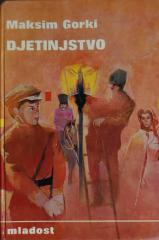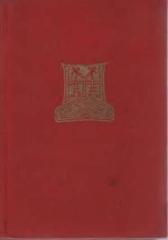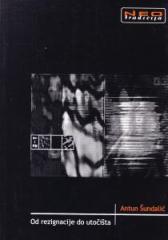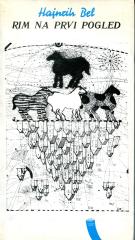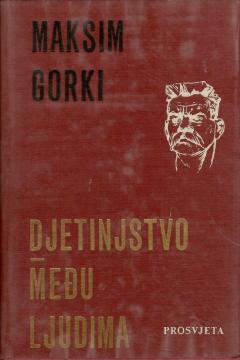
Djetinjstvo / Među ljudima
"Childhood" is an autobiographical novel by Maksim Gorky, the first part of his autobiographical trilogy, which also includes the works "Among People" and "My Universities". "Among People", the second part of the autobiographical trilogy, continues the st
"Childhood" describes Gorky's difficult childhood in Russia at the end of the 19th century, in which poverty, family feuds and harsh conditions shaped his personality and outlook on the world.
The novel begins with the death of the main character Alexei Peshkov's (Gorky's real name) father, after which his mother takes him to his grandparents in Nizhny Novgorod. The family home is not the haven he expected. His grandfather is a strict, cruel and greedy man, while his grandmother is the embodiment of love, warmth and wisdom. His grandmother tells him stories and songs that leave a deep mark on his imagination and develop a sense of art.
Aleksei's childhood was marked by physical and emotional abuse, poverty and daily struggles for survival. Nevertheless, through difficult everyday life, Aleksey learns about people, their flaws, but also about love, compassion and justice. His grandmother becomes a moral support and a symbol of goodness in a cruel world. Through the eyes of a child, Gorky depicts the social injustice and misery of Russia at that time, laying the foundations for his later socialist beliefs.
Gorki writes emotionally and realistically, using simple but powerful language to depict the world through the eyes of a child. "Childhood" is not only a story about growing up, but also a deep reflection on human nature, society and hope. The work became a classic of Russian literature and left a lasting impact on readers around the world.
"Among people" follows the growing up of Alexei Peshkov (the author) after he leaves his grandparents' house. The work is deeply introspective and realistic, focused on Alexei's life among people from different social strata, where he faces new challenges and matures through difficult experiences.
The novel begins when young Alexei leaves his family to start a life as an independent worker. He faces a merciless world of poverty and exploitation. He works in various jobs - he becomes an assistant in shops, workshops and in various other places - and through these jobs he meets different people who influence his development.
Through these encounters, Aleksei learns about injustice, hypocrisy and cruelty, but also about solidarity, love and dignity. Some of the people he meets leave a positive impact on him, while others represent a symbol of the cruelty of society. A special place in his development is occupied by intellectuals and workers with whom he exchanges ideas and discovers his interest in literature and art.
Throughout the novel, Aleksey faces the feeling of loneliness and the search for his own identity. His desire for knowledge and a deeper understanding of life is increasingly strong, which eventually leads him on the path to spiritual and intellectual emancipation.
No copies available
The last copy was sold recently.
